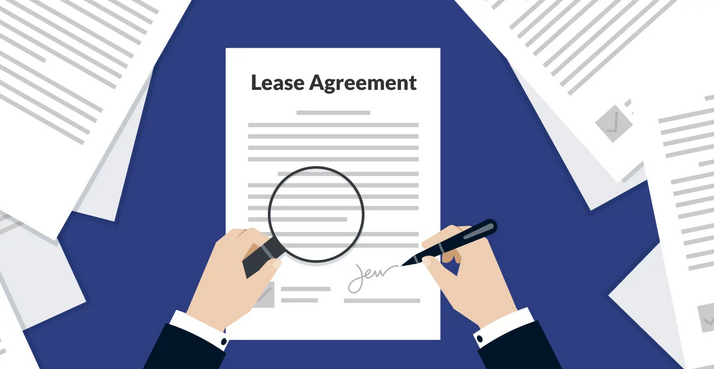A virginia residential lease agreement is actually a legally binding commitment from a landlord plus a renter, outlining the terms and conditions of hiring a house. Whether or not you’re a landlord or possibly a renter, it’s crucial to comprehend the essential aspects of a rent deal in Virginia to shield your rights and responsibilities.
1. Events Concerned: The hire agreement must clearly identify the celebrations involved—the landlord (home owner) and also the renter(s). Incorporate their whole names and contact information and facts to ensure clarity and connection.
2. Property Explanation: The hire need to identify the lease home carefully, which include its street address, model variety (if appropriate), as well as particular details about the property, including parking areas or storage locations.
3. Rent Expression: Indicate the length of the lease contract, whether or not it’s a fixed-phrase rent (e.g., 1 year) or possibly a month-to-month deal. Include the start off day and finish particular date of the hire term.
4. Lease Payment: Outline the rent payments volume, because of day, and suitable repayment methods. Also, detail any delayed costs, sophistication time periods, or fees and penalties for bounced assessments in order to avoid misunderstandings.
5. Safety Deposit: Explore the volume of the safety deposit, its goal, and also the problems due to its return at the conclusion of the tenancy. In Virginia, landlords must give back the safety down payment within 45 days following the lease comes to an end.
6. Upkeep and Improvements: Explain each party’s duties relating to routine maintenance and maintenance. Normally, landlords are responsible for key repairs, whilst tenants are accountable for small upkeep and looking after the property’s sanitation.
7. Resources and Providers: Establish which utilities and services (e.g., normal water, electrical energy, world wide web) are within the rent payments and that your tenant must spend independently.
8. Entry Rights: Establish when and under what situations the landlord can go into the rental property, ensuring compliance with Virginia’s laws relating to landlord entrance.
9. Subleasing and Project: Street address no matter if subleasing or setting the lease contract is allowed and under what situations, if any.
10. Termination and Renewal: Make clear the process for terminating the lease contract early, revival options, as well as any discover demands both for parties.
11. Additional Phrases: Consist of any extra terms or regulations distinct on the hire house or agreed upon by each party, such as animal guidelines or car parking restrictions.
12. Signatures: Eventually, be sure that the lease contract agreement is authorized and out dated by the two landlord and the tenant(s) to make it legally binding.
Understanding these basic areas of a Virginia lease agreement is important both for property owners and renters to foster a clear and beneficial rental relationship.

